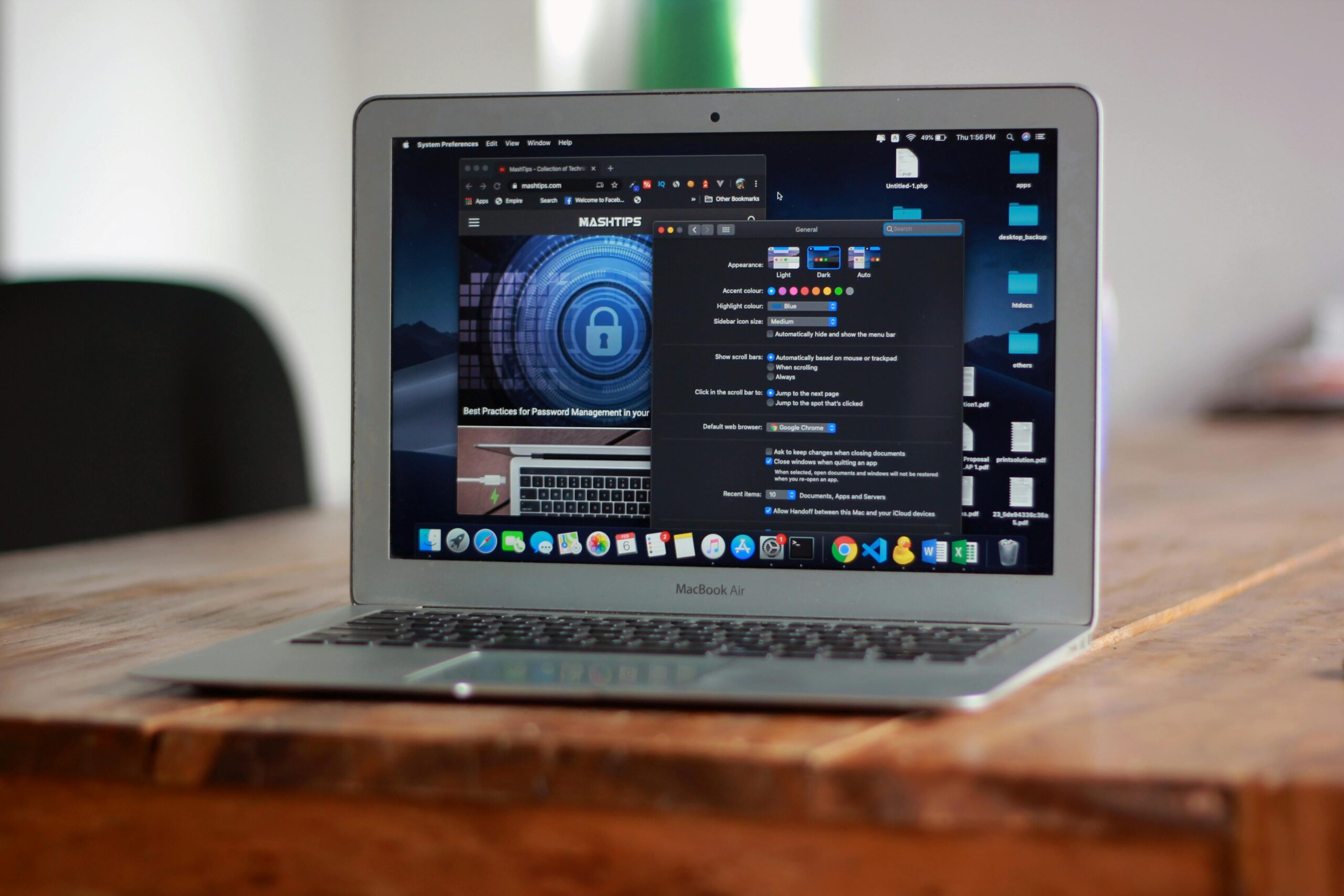
by James Paasche
“It is not a lunch break or a quick walk to get coffee. It is a full hour for YOU and that is forever needed in the crazy world of media and PR.”
“Mental health hours give us the opportunity to remove a worry/task off our mental shelf.”
In honor of Mental Health Awareness month this May, we here at Kickstand wanted to examine our most prized benefit, the three Mental Health Hours we receive every week. When I first started here, I was initially confused when this benefit was explained to me. Mental Health Hours? Three a week, no questions asked? What does that even mean? Was there a definition of “mental health” somewhere that I needed to read? Do I need to prove how I spent my time, you know, with receipts or a detailed run-down?
Part of the beauty of this benefit lies in my confusion here. I was not ready to handle the thought that my employer would give me time off, during work hours, with no questions asked. That just has not been my experience in public relations, or the corporate world at large.
And after surveying our team at Kickstand about how they use their Mental Health Hours, or MHHs, I am here to report that my initial hesitations about this benefit were completely unfounded. While there is no standard definition of what a Mental Health Hour actually is, to be honest, that is the greatest part of this benefit. Because our own mental health is often a knowing feeling we have about ourselves, sometimes deep down in our souls and not publicly shared, we get to define this benefit for ourselves – and this is the sort of power over ourselves, our bodies, and our time that all employers should be paying closer attention to.
So, let’s break down this benefit, its name, and how we use those precious moments so that other organizations can understand a benefit that actually brings larger benefits back to the company we work at.
Changing the mental-ity
Of course, a large part of the attention to mental health issues over the last few years can be directly traced to the lingering effects of the COVID-19 pandemic. With illnesses, lockdowns, and instant changes to the way we work together, there is no wonder why the pandemic shined a light on mental health. It also forced companies to truly consider the ramifications of mental health for their workforce.
This happened here at Kickstand, where leadership realized the extent of the challenges we all were facing. To quote Kickstand co-founder Molly George:
“We rolled this out during the pandemic to help people create better space between work and life, and to make sure our team always had an opportunity to step away during the day without judgment. We kept it because it was clear that mental health issues and needs weren’t a time-locked or short-term challenge, and it was something we wanted to support the team with long term, not just during a particularly stressful time in all of our lives.”
The “mental” part of this benefit is the most loosely defined. Too often, “mental” just alludes to our thoughts or how we feel about our place in the world. But in looking at how Kickstand employees talk about the benefit, perhaps we can appreciate the looseness of its definition, and how each individual can define it for themselves.
Many respondents to our survey landed on using the hour to “disconnect” from the stresses of the public relations world, with folks using everything from a dog walk to napping as a means of disconnecting. One staffer opined that they “deeply appreciate the ability to take a breather during the week.”
While some might have trouble connecting “running errands” to the concept of mental health, one respondent nailed the connection when mentioning that “to remove a worry/task off our mental shelf” is a key way to stave off burnout and mental anguish. And, while a number of respondents mentioned therapy and doctor’s visits as one way they’ve used the hours, the wide variety of answers suggests that the mental aspect here is open to personal interpretation, and its value for Kickstanders is the power we have to define for ourselves what we need and when we need it.
How do we define health?
Like the “mental” part of the name, the “health” portion offers a refreshing capaciousness: it’s open to all sorts of definitions, and, inevitably, has a personal ring to it as we all take ownership of determining and defining our own health needs. As you can imagine, many respondents acknowledged using the time to work out. But exercise is not the only way to be healthy, as napping was named as one of the top uses of the Mental Health Hours as well. Physical activity and rest BOTH matter, and sometimes a lack of activity makes us healthier. One colleague, who described this as her favorite benefit, offered that “sometimes I do nothing with mine.”
And I agree – sometimes we need to completely unplug. Getting some breathing space is just as healthy and important as jogging or running an errand.
Where do the hours go?
We’ve arrived at the third part of “Mental” “Health” “Hours” – namely, the time portion of it. While competitive salaries, regular promotions, and being treated well are all part of any worker’s checklist on things they desire from employers, time is truly of the essence here. We all have a limited time on earth, thus any hours we can spend focusing on our health truly matter. To be given back some of this time is a privilege we don’t take lightly.
Here’s a summary of how Kickstanders use our Mental Health Hours based on our survey data:
- 81% use mental health hours to start the weekend early
- 52 % use them to exercise
- 38% use them to take animals on walks during the day
- 28% use them for a nap
- 24% use them to spend time with their kids
- 23% use them for therapy
When it comes to supporting mental and physical health, you can make a compelling argument that all of these accomplish one or both.
Why do mental health hours matter?
Although there is a possibility that any benefit like this could have a catch, such as people not taking advantage of them because they feel pressured to stay online for optics, that has certainly not been the case here. Many respondents were quick to point this out – from mentioning that the Mental Health Hours “are respected by other team members when in use” to pointing out that what makes “this benefit really work is that everyone actually takes them – including leadership – so there is no question of whether it’s OK or fear of looking like you’re not working as hard as others.”
Looking back at the responses, it’s pretty clear that Mental Health Hours are a great success at Kickstand, and the favorite benefit of many. If any other organizations are looking to improve the mental health of their employees, consider giving this option a go. The key learning to take away is that we all define our mental health for ourselves, and giving us that freedom brings more than just good will towards Kickstand; it allows us to bring a better, healthier version of ourselves to work each day. And that’s something every organization should strive for.



